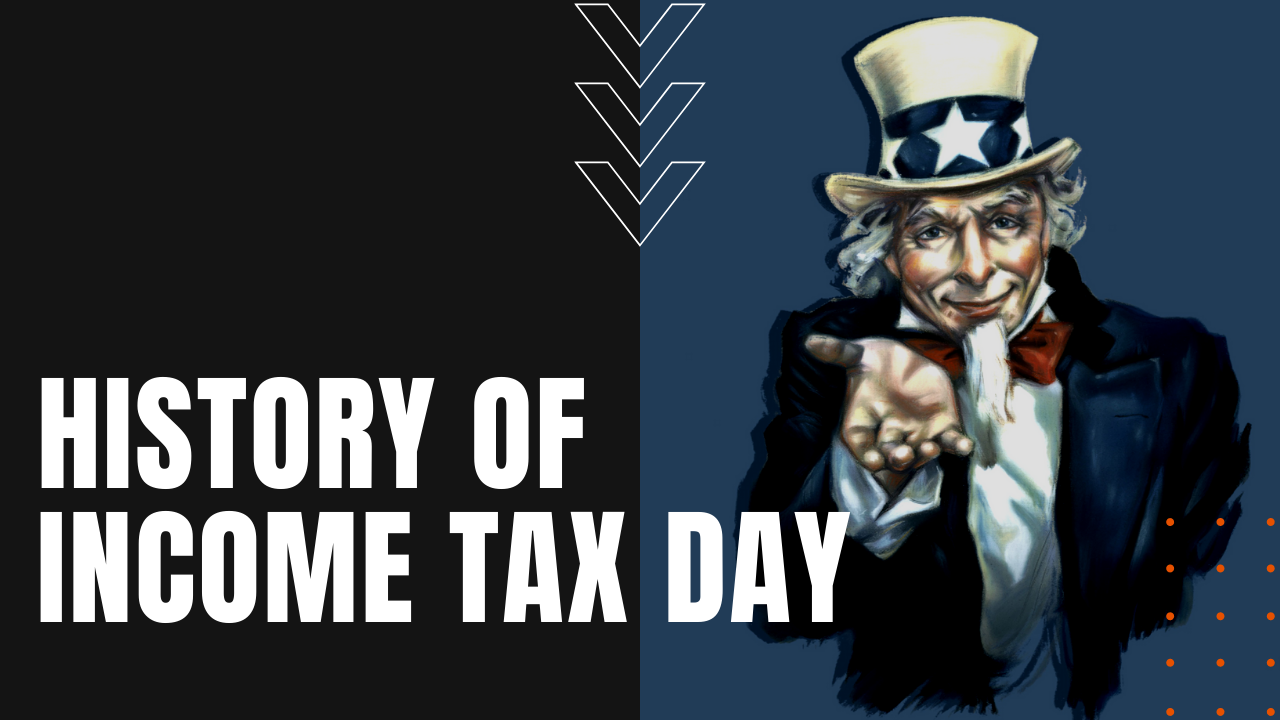History of Income Tax Day

It’s that time of year again—April 15th, some two weeks after April Fools day—and if you’re one of the 25% of working Americans who waits until the last minute to do their taxes, April 15th can become the longest day of the year.
Revenue Act of 1861
When Ben Franklin said “nothing is certain but death and taxes,” his adage failed to ring true regarding income tax for Americans prior to the Civil War, which marked the first time that Congress passed an American income tax bill called the Revenue Act of 1861, which was ratified to help pay war expenses for the Union’s side of the conflict.
The tax was repealed ten years later.
Wilson-Gorman Tariff Act
In 1894, Congress enacted a flat rate Federal Income Tax under the Wilson-Gorman Tariff Act, which was ruled unconstitutional the following year by the U.S. Supreme Court, who argued in the case of Pollock v. Farmer’s Loan & Trust Company that the law was a direct tax not apportioned according to the population of each State.
The 16th amendment removed that objection when it was ratified on February 3rd, 1913, giving the federal government the authority to tax the income of individuals without regard to the population of a given State, and without regard to any census or enumeration.
History of Tax Day
Tax Day was not always on April 15th, for after the signing of the 16th amendment, the first year of a federal income tax placed tax filing day on March the 1st, 1913. Five years later the date was moved to March 15th, while in 1955, the date was moved to April 15th, which remains a touchstone day for American citizenship.
Due to the Covid-19 Pandemic of 2020, Tax day in 2021 was moved to May 17th.
